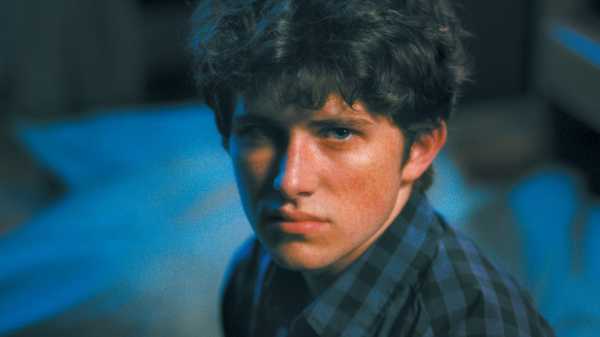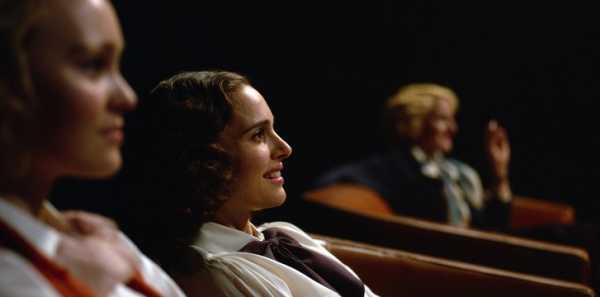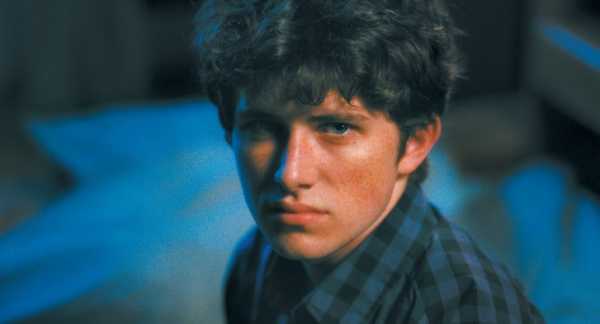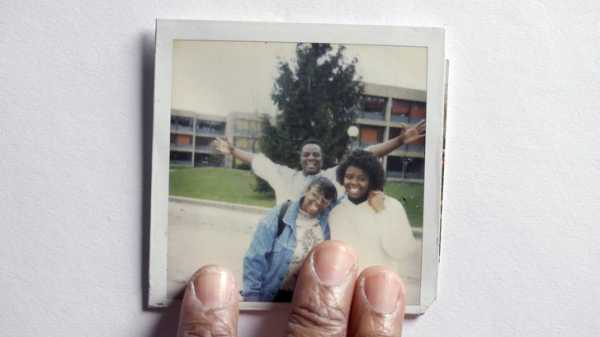
This week, Ava DuVernay challenged the notion that worthwhile movies get “lost” on Netflix and the shibboleth that a traditional theatrical release offers superior access to worthwhile independent films. I agree with her wholeheartedly. Many of the best recent movies are available to stream, and, for that matter, on Netflix. The best way to find them is to avoid the algorithms. Use the search: look at critics’ best-of lists and search for titles that strike your curiosity. Or click on the “Movies” tab on Netflix, follow with the “Genres” drop-down, pick one, click the tile view on the far right side, use either the alphabetical list or the year-released filter, and you’ll find a plethora of titles that might otherwise never get automatically recommended. I’ve mentioned many of them in these streaming columns (such as “Slack Bay,” “Imperial Dreams,” “Taxi,” “Carol,” “The Missing Picture,” “I Called Him Morgan,” “Little Sister,” and “The Witness”) alongside a scant but formidable set of classics (including “Daughters of the Dust” and “Within Our Gates”). But there are many more. Here, as a small sampling, are four.
“Planetarium”

Photograph by Ad Vitam Distribution / Everett
Natalie Portman gives one of her best recent performances in “Planetarium,” an eerie historical drama directed by Rebecca Zlotowski. She plays Laura Barlow, who’s part of an itinerant act with her sister, Kate (Lily-Rose Depp)—they’re mediums who perform in night clubs and have taken the show on the road, to France, sometime in the early nineteen-thirties. There, they encounter a successful movie producer, André Korben (Emmanuel Salinger), who recruits them for private séances and then becomes possessed of an idea—to invent a movie camera that will film spirits as well as bodies—and, while turning Laura, the more voluble of the Barlows, into a movie star, he puts his studio and his career at risk. The character of Korben is based loosely on the true story of the producer Bernard Natan, a studio boss in France (and a Jewish immigrant from Romania) who lost his position as a result of an anti-Semitic campaign and ultimately died in Auschwitz. “Planetarium” intertwines Korben’s tormented efforts to recapture the ghosts of his own past with Laura’s sense of theatrical pretense—or impostorship—as it seeps into her daily life. Acting both in French and in English, Portman plays the Aaron to Kate’s Moses—the spectacular public voice of a silently spiritual visionary. Zlotowski blends movie-world chicanery and ugly political intrigues with the twin mysteries of metaphysical and theatrical experience.
“The Son of Joseph”

Photograph Courtesy Kino Lorber
Eugène Green, who was born in New York and has been living in France for half a century, is one of France’s most original cinematic stylists, as seen in his 2016 film, “The Son of Joseph,” which is also one of his best. His style is, in part, forged from the restrained images and gestural precision of films by Robert Bresson, but it’s infused both with an arch humor of his own and a verbal imagination based on Green’s own longtime work involving the rediscovery of the diction and the performance practices of theatre direction from centuries past. Here, a seventeen-year-old high-school student in Paris named Vincent (Victor Ezenfis) lives with his single mother, Marie (Natacha Régnier), who has always refused to tell him who his father is. But Vincent undertakes some research of his own, identifies a splashily pretentious book publisher named Oscar (Mathieu Amalric) as his father, and embarks on a strange friendship with Oscar’s brother (Fabrizio Rongione). Giving his actors sharply sculpted lines of dialogue (spiced with comedic touches of argot) to deliver with formal diction in cold, frontal confrontations, Green refracts the eternal drama of family life through shards of Biblical myth, riotously satirizes France’s cultural presumptions and pop-cultural frivolities, and reanimates heroic moments of French history. Its intimate encounters and controlled gestures have a vast cultural reach, a derisive fury, and a tenderly vulnerable heart.
“Strong Island”

Photograph by Netflix / Everett
In “Strong Island,” Yance Ford tells a story of family agony from a personal perspective that nonetheless reveals crucial historical vistas. In 1992, his brother, William Ford, Jr., who (like the filmmaker) is black, was killed in the family’s home town, Central Islip, on Long Island, during a dispute with an auto mechanic, who was white. The killer never faced charges. “Strong Island” is the filmmaker’s reconstruction of the entire event—ranging from his parents’ decision to move from South Carolina to New York City and then to Long Island, to the details of the killing, to the legal and personal aftermath of William’s death. Yance’s mother, Barbara (a retired high-school principal), talks to Yance on camera about the family’s dreams and frustrations (including the insidious yet silent racism that they encountered when they moved to the suburbs). Yance, a transgender man who, at the time of William’s death, presented as a woman, discusses—in piercing and anguished closeups to his own camera—his sense of guilt relating to the intertwined silences involving his gender identity and his brother’s troubles. “Strong Island” is a personal documentary that pays prismatic attention to personal experience and extracts the strains of political power that shape it.
“Entertainment”

Photograph Courtesy Magnolia Pictures
The intentionally, repulsively unfunny comedian Neil Hamburger—the character played by Gregg Turkington—is front and center in Rick Alverson’s wildly imaginative, grimly sardonic anti-comedy “Entertainment.” Alverson (who wrote the script with Turkington and Tim Heidecker) puts Hamburger on the road—filming him in faux-rhapsodic wide-screen compositions; placing him in far-West desert locations; featuring him in performance in a prison, in near-empty bars, in joyless medical facilities, delivering an act of repellently sexist, racist, homophobic, and otherwise offensive riddles in a smarmy voice while sporting oily slicked-down hair and dressed in a cheesy suit and rattling the ice cubes in several drinks, oblivious to the effect that his ostensible jokes are having on his audience but hypersensitive to their slights and disgustingly insulting to anyone who makes the mistake of heckling him. Hamburger is Turkington’s litmus test of the monstrosities that people can be gulled into laughing at, or laughing off; far from perpetuating the ugly ideas that Hamburger voices, Turkington gave fair warning about their prevalence. In the course of the action, Hamburger steps out of character offstage and lives in a grim milieu of grubby hotels and dull local tourist attractions, casually alienating encounters and elusive strivings—and, through it all, his overstimulated imagination, flooded with the bile of his own theatrical creation, drives him into nightmares that Alverson dramatizes with a calmly fearsome ferocity. Tye Sheridan (more recently the star of Steven Spielberg’s “Ready Player One”) plays Hamburger’s equally unfunny opening act; John C. Reilly plays Hamburger’s oblivious rich cousin; Amy Seimetz plays the one audience member who gives him what for; and Michael Cera has a strange, pain-streaked cameo.
Sourse: newyorker.com






